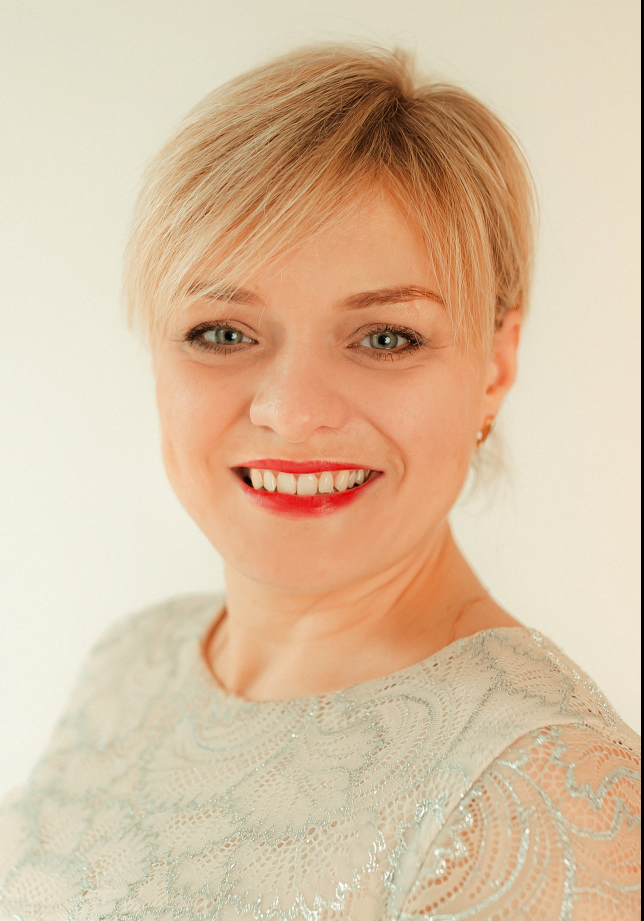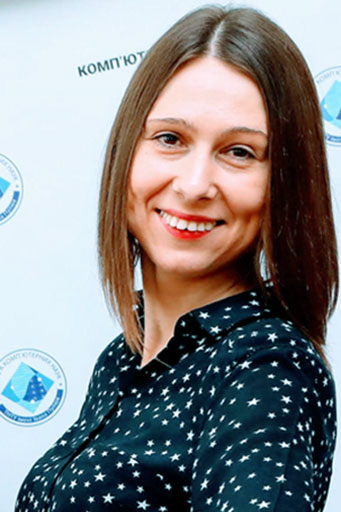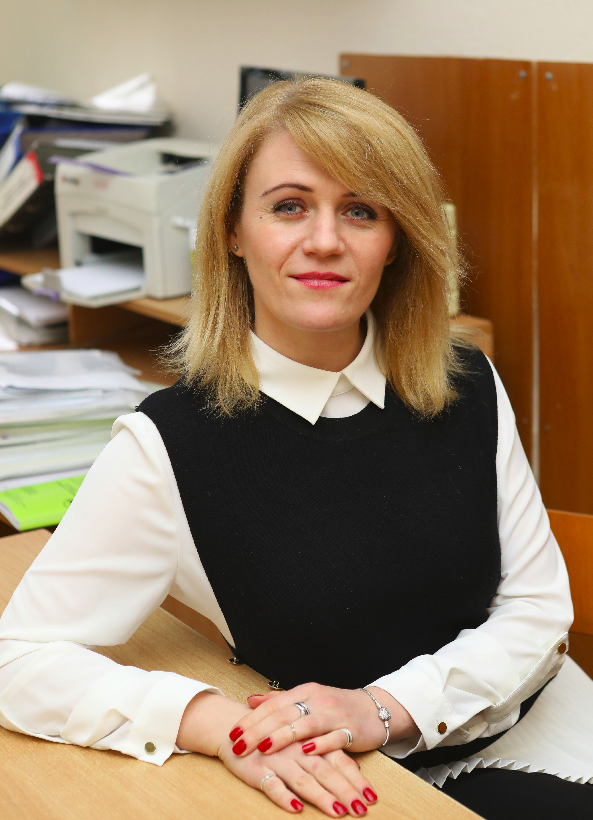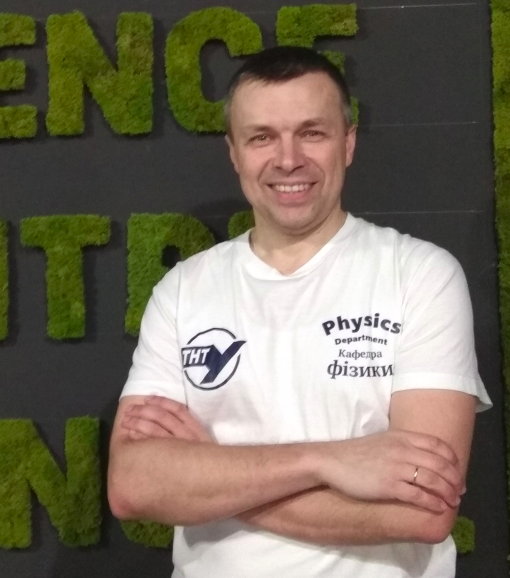Welcome to the Digital Learning Lab of Ternopil Ivan Puluj National Technical University, established within the framework of ‘Smart Manufacturing Innovation, Learning-labs, and Entrepreneurship‘ project!
The project is a part of EIT HEI Initiative: Innovation Capacity Building for Higher Education is aimed at strengthening the innovation and entrepreneurial capacity and integrate them into innovation ecosystems throughout the EU.
There are different meaning the term `Digital Learning Lab` has. Long story short: we use it to denote the digital infrastructure which can be used by entrepreneurs, students and academic staff for interaction while solving applied problems of business, manufacturing, etc. So, we don’t study the digitalisation of educational tools, we do it, enabling our partners and our students to fulfill their goals!
SMILE project description
SMILE’s contextual focus is smart manufacturing − the hallmark of the next industrial revolution, representing a cornerstone for economic competitiveness and growth in order to create jobs and improve the quality of life of citizens.
SMILE’s overall objective is to accelerate institutional change and increase higher education institutions’ innovation and entrepreneurship capacities as well as their integration into regional innovation ecosystems. It aims to do this by using the EIT knowledge triangle model, extended by civil society (quadruple model) as the main driver for systemic institutional change. This objective is further complemented by inclusion, gender equality, green and digital transition, and quality, following the main development vectors to be achieved by the European Education Area by 2025.
A holistic view of the knowledge triangle, including all actors in a multilateral manner, will enable to achieve SMILE’s targets. The project’s major concepts directly refer to the knowledge triangle actors: innovation orientation refers to research, mutual learning − to education, and open entrepreneurship − to the business domain.
The project’s Innovation Vision Action Plan (IVAP) consists of a systemic approach of novel actions all interacting in a comprehensive manner. One major premise for this project’s success is mutual learning. Participants learn from each other by scouting peers’ existing knowledge and identifying which knowledge is most vital to be shared to increase the network’s overall entrepreneurial and innovative capacity. The actors will jointly identify the network’s knowledge gaps and derive areas to build new knowledge in.
To benefit from these actions, novel tools and measures will be generated to disseminate this new knowledge not only within the network but further to all types of external stakeholders. This approach again emphasises the openness and innovation orientation of the SMILE project.
These different actions of SMILE are depicted via a scouting function to identify knowledge gaps and heterogeneous knowledge stocks. Four actions will then build up on the scouting and will further influence each other during the whole project, namely: digital learning nuggets, learning labs, coaching, and training.
The IVAP will further be completed by governance and transferability actions, ensuring that the higher education institutions in the consortium will benefit from SMILE. The project will support 13 start-ups; train 735 students, as well as 36 academic and 41 non-academic staff members; and mentor 45 students. The SMILE holistic approach allows the consortium partners and several stakeholders to benefit from this project by disseminating the generated knowledge to the public.


Local project team

Tetiana Vitenko – TNTU team leader, Vice-Rector for International cooperation of Ternopil Ivan Puluj National Technical University, Head of the Department of Food Technologies Equipment. Scientific interest in Energy-saving hydrodynamic cavitation devices and technologies, Application of cavitation phenomena in production processes. Sustainable development and waste management, Smart manufacturing.
More than 27 years of teaching experience, 200+ publications, 30+ publications on teaching methodology.
Coordinator of the Erasmus+ project, Jean Monnet action “An interdisciplinary approach to waste management study: implementing the EU practices” 621029-EPP-1-2020-1-UA-EPPJMO-MODULE (2020-2023). Guest lecturer within a DAAD HAW (2021). Visiting professor within Erasmus+ programme in Schmalkalden University of Applied Sciences (2018). Completed academic internship at the Lublin Technical University and Kaunas University of Technology (2018-2019), training in Ghent University (2017, Belgium) and GRETA du Velay (2016, France) within Erasmus+ in 561536-EPP-1-2015-1-UK-EPPKA2-CBHE-JP-Development of a network infrastructure for youth innovation entrepreneurship support on fablab platforms (2017). Visiting professorship wthin Erasmus+ in Lublin University of Technology (Politechnika Lubelska), К1 activity, Project: 2015-1-PL01-KA107-016313 (2015).
https://www.linkedin.com/in/vitenko–tetyana-26b97237/
https://www.facebook.com/profile.php?id=100008201044236
https://ho.tntu.edu.ua/kafedra/stuff/vitenko-tetyana-mykolajivna/

Nataliia Marynenko – Doctor of Sciences (Economics), Full Professor at Department of Economics and Finance of Faculty of Economics and Management
More than 20 years of teaching experience, 220+ publications. Scientific interests in Business, Economics & Management, Management of Technology and Innovation; Economics and Econometrics.
https://kaf-ef.tntu.edu.ua/personal/marynenko-nataliya-yuriyivna
https://scholar.google.com.ua/citations?user=b9vgbEsAAAAJ&hl=uk
https://www.scopus.com/authid/detail.uri?authorId=57006799700
https://orcid.org/0000-0002-6645-8167
https://www.researchgate.net/profile/Nataliia_Marynenko

Iryna Strutynska – Doctor of Sciences (Economics), professor of the Computer Science Department of Ternopil Ivan Puluj National Technical University. Provides economic expertise for engineering specialists. The courses that teaching are Digital transformation; Information management and marketing; Digital marketing; Project management of local and regional development.
More than 10 years of teaching experience, 120+ publications.
Research: Digital transformation of business; Methodology of calculating the digital transformation index of business; The Unification of Approaches to Measuring the Digital Maturity of Business Structures (International and Domestic Approaches); Digital Assessment Tools for
monitoring the digital transformation index of business structures: EU&UK Experience.
The following international projects: Coordinator of Erasmus+ Jean Monnet Module “European Practice of SMEs Digitalisation for Sustainable Industry 4.0 (DigSME)” (101085292) (2022-2025). Team member of the projects: “The Centre of Competence on Entrepreneurship and Business Education” (Estonian Business School) (2018); “Public assessment of European integration processes at the regional level” (2019); “Investigation of the challenges and opportunities of communicative interaction between the public and the authorities in the context of the COVID-19 pandemic” (2021).
Member of the focus group on the development and monitoring of the Ternopil Regional Development Strategy for 2021-2027, Ternopil Regional State Administration.
http://kaf-kn.tntu.edu.ua/node/20
https://www.linkedin.com/in/iryna-strutynska-940b12240/
https://www.scopus.com/authid/detail.uri?authorId=57209802337
https://orcid.org/0000-0001-5667-6569

Liliya Melnyk – Doctor of Sciences (Economics), professor of the Department of Management of Innovative Activity and Service Industry of Ternopil Ivan Puluj National Technical University. She delivers courses on Environmental Management of Service Enterprises, Economics of Service Enterprises, Complex Analysis of Enterprise Activity, Cost Management, Project Management and Risk Management in Construction, Construction
Organization.
10 years of teaching experience, 120+ publications.
Research interests: Sustainable development of the enterprise, Digitalization of business structures, Project management.
International projects: coordinator of Erasmus+ Jean Monnet Module “Ecologically responsible business: research and implementation of European experience (Eco-RBE)” (564645-EPP-1-2015-1-UA-EPPJMO-MODULE) (2015-2018); team member of the projects: “Investigation of the challenges and opportunities of communicative interaction between the public and the authorities in the context of the COVID-19 pandemic”, which is carried out under the program “Public for Democratization” with the financial support of the European Union (2021); “European Practice of SMEs Digitalisation for Sustainable Industry 4.0” (101085292-ERASMUS-JMO-2022-MODULE, 2022-2025); “Smart Manufacturing, Innovation, Learning-labs, and Entrepreneurship (EIT HEI Initiative project, 2022-2024)”.
Member of an NGO “Center for Strategic Development and Reforms” (Ternopil).
https://kaf-mp.tntu.edu.ua/stuff/naukovo-pedahohichnyj-personal/melnyk-liliya-mykolajivna
https://scholar.google.com/citations?user=g9UjC6oAAAAJ
https://www.scopus.com/authid/detail.uri?authorId=57210564563
https://orcid.org/0000-0001-8844-5490

Yuriy Skorenkyy – assistant professor at the Physics Department of Ternopil Ivan Puluj National Technical University. PhD in theoretical physics. MSc in system analysis.
Guest researcher at the Max Planck Institute for the Physics of Complex Systems, Dresden, Germany (1998), at the Institute of Physics, Jagiellonian University, Krakow, Poland (2005,2006). Principal investigator and senior research fellow in more than 10 national research projects (1998-2010).
Recipient of grant for young scientists from President of Ukraine, scholarship of the Cabinet of Ministers of Ukraine.
Member of the Ukrainian Research Association, Shevchenko Scientific Society, Ukrainian Physical Society.
Scientific adviser to Ternopil Branch of Minor Academy of Science (Physics and Astronomy Division). In last 5 years, 3 of supervised students of MAS won prizes in all-Ukrainian competitions.
https://physics.tntu.edu.ua/timeline/skorenkyy/
https://www.linkedin.com/in/yuriy-skorenkyy-67582220/
http://www.scopus.com/authid/detail.url?authorId=6507755672
https://orcid.org/0000-0002-4809-9025


Recent Comments